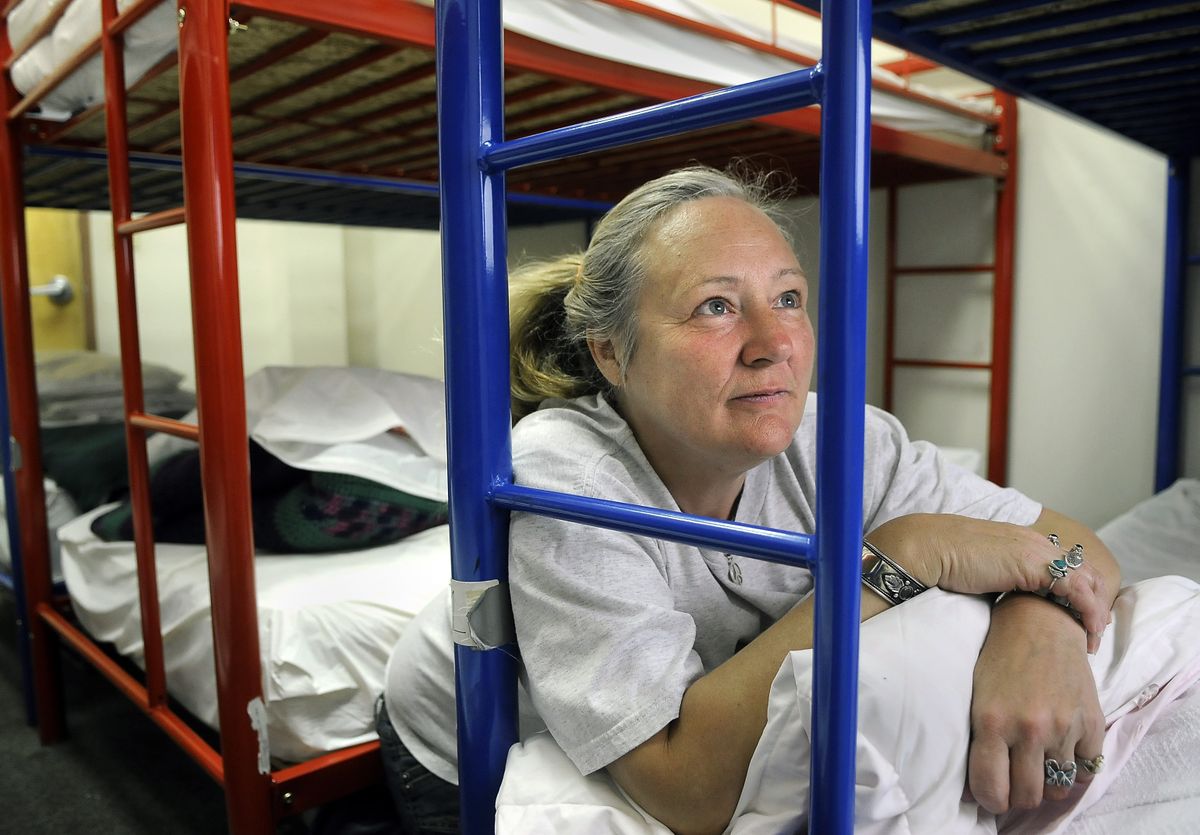Hope House marks 10th year
Shelter has played key role in woman’s journey

Between her drug addiction and abusive relationships, Lee Ann Winters has made some bad decisions in her life. But after completing a 10-month prison sentence for drug possession in 2005, she made one very good one.
“I’ll see you back in prison in two weeks,” she recalled her parole officer telling her.
Winters chose Hope House instead.
Founded as the Downtown Women’s Shelter at a time when a serial killer stalked Spokane streets, Hope House is celebrating its 10th anniversary today at its annual fundraising fashion show and luncheon at the Doubletree Hotel.
Hope House, operated by Volunteers of America since 2001, served nearly 350 women last year. Many came to the 34-bed emergency shelter with mental health or substance abuse problems. Some found more permanent refuge in Hope House’s 25 apartments for women who have made the commitment to pull their lives together.
Winters left Hope House in April. Clean and sober, she has moved into her own apartment and is in an education and rehabilitation program at Spokane Falls Community College. She hopes soon to begin culinary studies at Spokane Community College.
Having lived on and off the streets for more than half of her 50 years, she now wants one day to run a ministry for women coming out of prison.
“If it were not for Hope House, I would not be sitting here talking to you right now,” Winters said this week. “I don’t feel I could have made these changes without the help I got here.”
Shelter director Rusty Barnett said Winters recovered her life on her own in the past three years. “We just provided the place to do it and the support,” Barnett said. Single women 18 and older come to Hope House as a result of mental illness, drugs, alcohol and domestic violence. They are provided a variety of services including counseling, case management and placement in permanent supportive housing, as well as assistance with furniture and other household items.
“I’d like to say there isn’t a need for it,” Barnett said of Hope House. “The sad fact is it has become much more important that we remain in this community.”